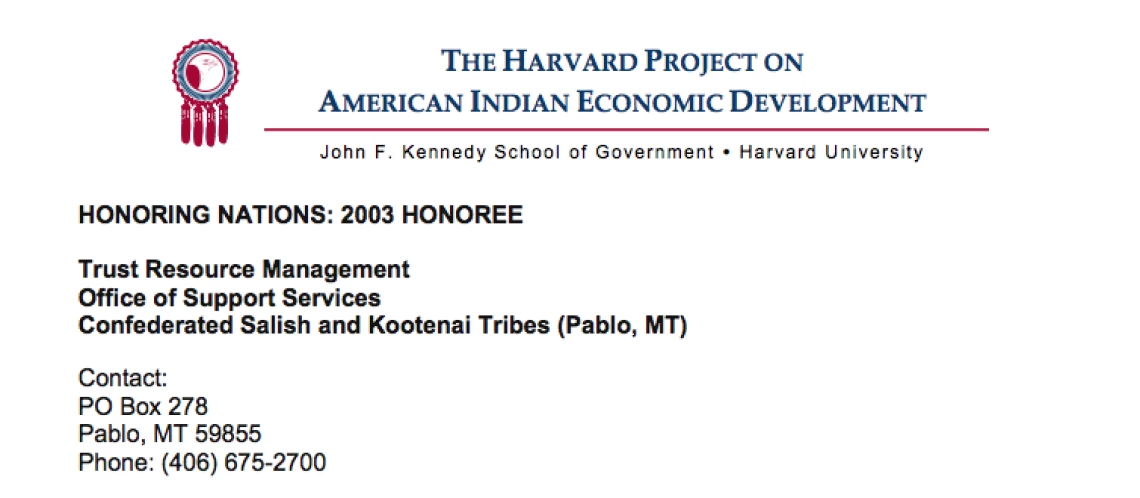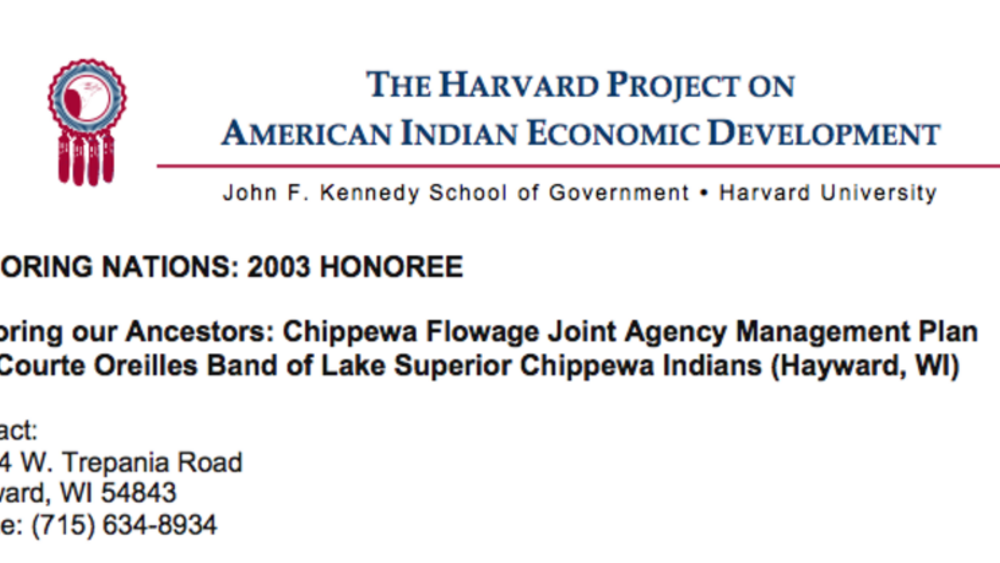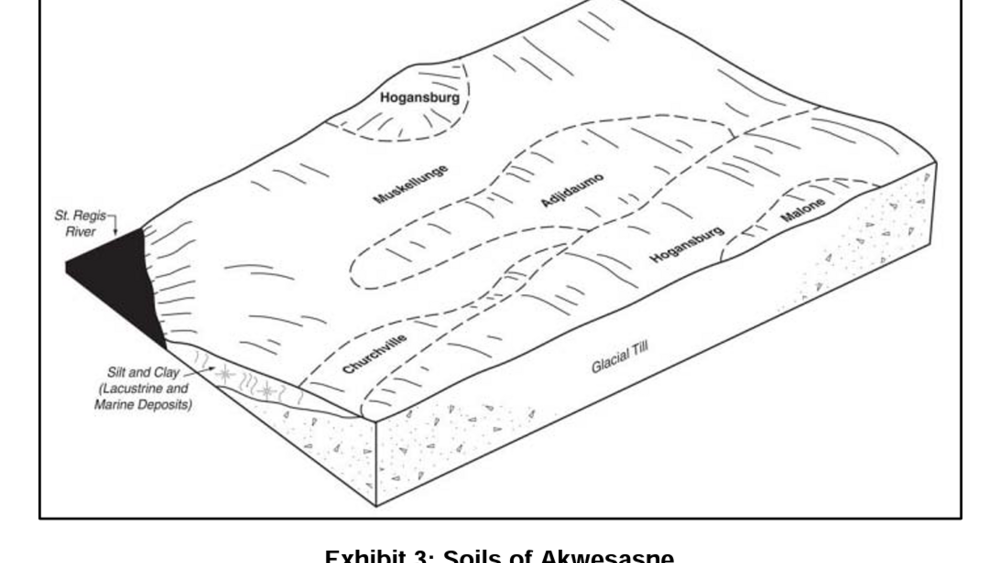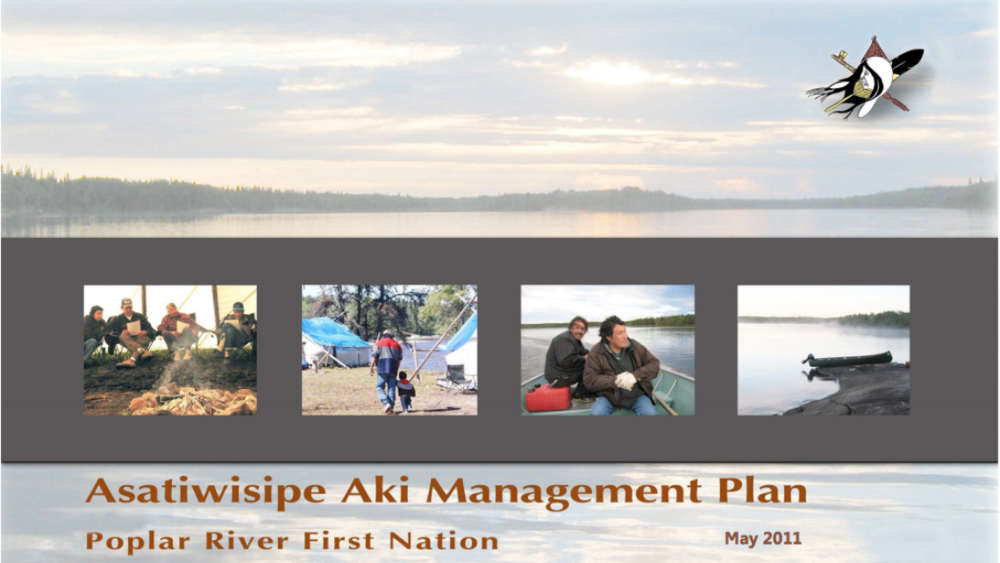For more than three decades, the Confederated Salish and Kootenai Tribes (CSKT) have been building capable governing institutions and taking over management of resources and programs previously managed by outsiders. Recognizing that self-management both allows the tribal government to determine its own priorities and has positive bottom-line effects, CSKT is a leader in incorporating tribal values into natural resource management and in delivering first-rate services to its 7,000 citizens.
Additional Information
"Trust Resource Management." Honoring Nations: 2003 Honoree. Harvard Project on American Indian Economic Development, John F. Kennedy School of Government, Harvard University. Cambridge, Massachusetts. 2004. Report.




